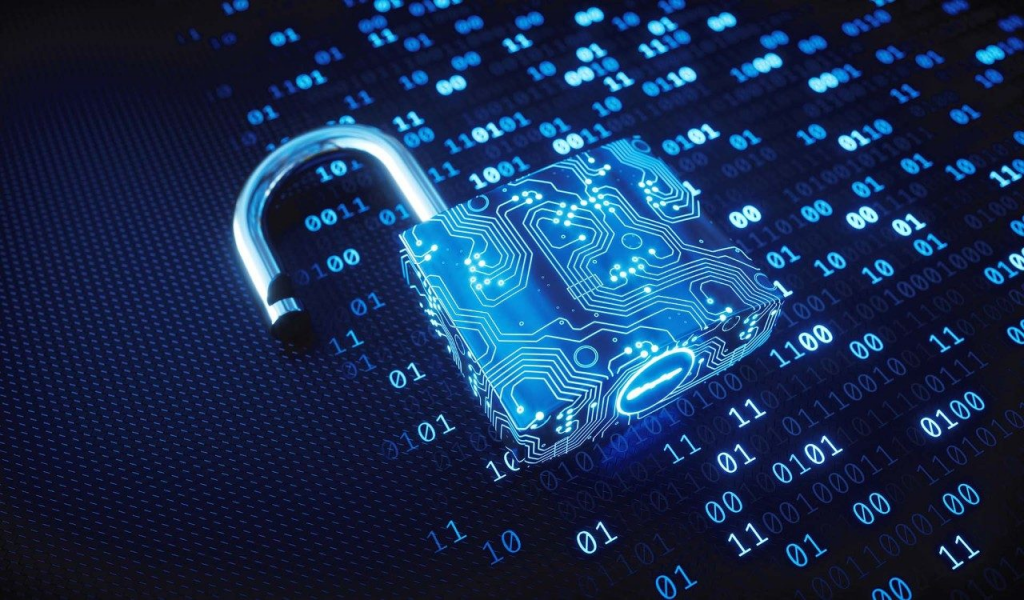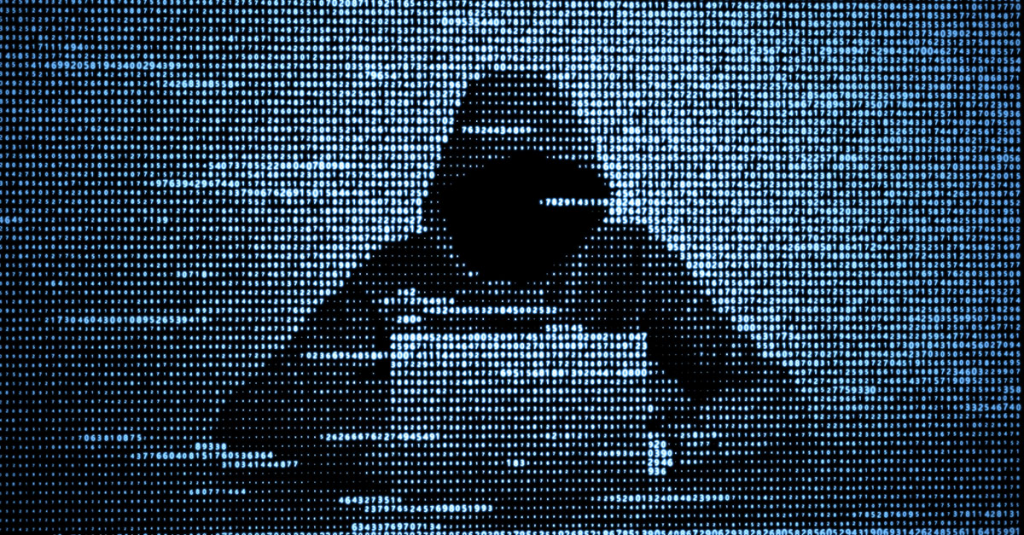What is CyberSecurity and why is It Important For You?
Cybersecurity is an increasingly important issue in today’s digital age. With the vast majority of our personal and professional lives taking place online, it’s essential that we take steps to protect ourselves from cyber threats.
Cybersecurity protects internet-connected systems, including hardware, software and data, from attack, damage, or unauthorized access. Cybersecurity has become essential to protecting personal and professional information with the increasing reliance on technology in our daily lives.

One of the biggest concerns in cybersecurity is the threat of hacking. Hackers can gain access to personal information, such as credit card numbers and social security numbers, and use it for fraudulent activities. They can also access and manipulate sensitive company data, causing financial losses and damage to a company’s reputation. To prevent hacking, it’s important to use strong, unique passwords for all online accounts and to avoid clicking on links or downloading attachments from unknown sources.
Another major concern is the threat of malware. Malware, or malicious software, can be used to steal personal information, disrupt computer operations, and even take control of a device. To protect against malware, it’s important to keep all software and operating systems up to date and to use reputable anti-virus and anti-malware software.

Phishing is another tactic used by cybercriminals to gain access to personal information. Phishing emails often appear to be from legitimate sources, such as banks or government agencies and ask the recipient to provide personal information or login credentials. To protect against phishing, it’s important to be cautious of emails and messages that ask for personal information and to never click on links or download attachments from unknown sources.
Social engineering is another tactic used by cybercriminals to gain access to personal information. Social engineering is the use of psychological manipulation to trick people into giving away sensitive information. This can include pretexting (impersonating someone else), baiting (offering something in exchange for information), and scareware (using the threat of a computer virus to convince someone to install malicious software). To protect against social engineering, it’s important to be skeptical of unsolicited requests for personal information, to be cautious of clicking on links or downloading attachments from unknown sources, and to never give out personal information over the phone or in person.
In addition to these risks, there is also the growing concern of IoT (Internet of Things) security. As more and more devices, including home appliances, cars, and medical equipment, become connected to the internet, they become vulnerable to cyber-attacks. To protect yourself from IoT security threats, it is important to use strong and unique passwords for all devices, keep all software and firmware up to date, and be aware of the security features offered by your device’s manufacturer.

One of the most important reasons for the importance of cybersecurity is the protection of personal and sensitive information. As more and more of our personal information is stored online, it becomes a prime target for cybercriminals looking to steal identities, financial information, or sensitive data. Without proper cybersecurity measures in place, individuals and businesses are at risk of falling victim to cyber-attacks such as phishing scams, malware, and ransomware.
Another important aspect of cybersecurity is national security and critical infrastructure protection. Many government and military systems, as well as infrastructure such as power plants and financial systems, are connected to the internet and are vulnerable to cyber-attacks. A successful cyber attack on these systems could have devastating consequences for national security and the economy.
So, how can you stay safe online? Here are some tips to help protect yourself and your information:
- Use strong and unique passwords for all of your accounts. Avoid using easily guessable information such as your name or birthdate.
- Keep your software and operating systems up to date. Many updates include security patches to protect against known vulnerabilities.
- Be cautious when clicking on links or downloading attachments from unknown sources. These can often contain malware or lead to phishing scams.
- Use a reputable antivirus program and keep it updated.
- Use a virtual private network (VPN) when connecting to the internet on public Wi-Fi.
- Be careful of what you post online, and limit the amount of personal information you share.
- Use two-factor authentication whenever possible to add an extra layer of security to your accounts.
- Keep a backup of your important files, such as documents and pictures, so that you can restore them in case of a cyber attack.
By following these tips, you can help protect yourself and your information from cyber attacks. Remember, cybersecurity is an ongoing process, and it is important to stay informed about the latest threats and best practices for protecting yourself online.
In conclusion, cybersecurity is a critical issue in today’s digital age. By being aware of the risks and taking steps to protect yourself, you can help keep yourself and your personal information safe online.

Read More About it Here:
